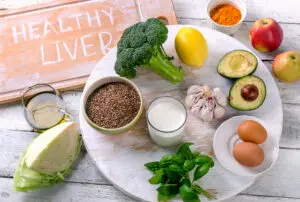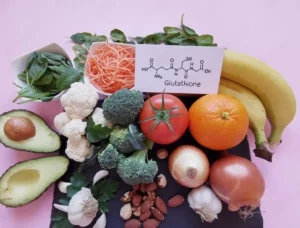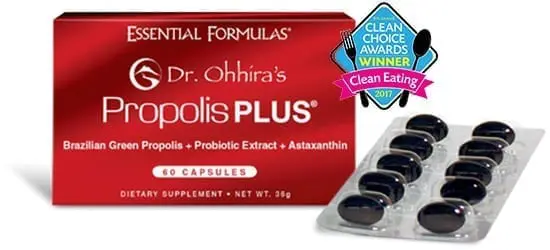Not all probiotics are the same. Probiotics come in many varieties, which is why the best probiotic supplements contain multiple useful strains. Because of that, it’s important to choose a supplement that supplies beneficial gut flora without any harmful additives.
Different Types of Probiotics
There are many types of probiotic strains, with hundreds of different species living inside your gut. Each species has a slightly different role to play in your gut’s ecosystem, which is why you need a healthy balance of probiotic flora. This is also why it’s important to pay attention to the types of probiotics present in any supplements you might consider taking.
For example, if you’re working on managing stress, research suggests that one of the best strains to consider taking is Bifidobacterium longum, which has been shown to support healthy cortisol levels. However, it may not have as much impact on other factors such as thyroid health. For that, studies indicate that Lactobacillus reuteri would be a good candidate.
Some strains are also generally more useful than others in supplements, so you’ll want to prioritize probiotics that are proven to have a positive impact.
4 Main Differences in Probiotic Supplements
In addition to distinct probiotic species, not all probiotic supplements are created equal either. When choosing a supplement, pay close attention to the following.
1. Variety of Probiotic Strains
First, make note of the variety of probiotic strains present. Supplements should have a wide range of strains for well-rounded gut health support. The right mix is vital—an optimal mix of probiotic species will be more effective at helping your body grow and support friendly bacteria in your digestive tract.
For example, Dr. Ohhira’s Probiotics contain 12 distinct probiotic strains that are proven to coexist safely and effectively in your gut. This includes the proprietary TH10 strain, which is six times more effective at producing some key nutrients than other known strains.
2. Production Process
The production process is just as important as the variety of strains. Natural fermentation processes are often preferred, and the length of time involved in that process can have a significant impact on the quality of the product.
For instance, rather than culturing probiotics in a lab, Dr. Ohhira’s formula is fermented from natural crops and pure water over the course of three years. This not only ensures the probiotic strains are of sufficient quality, but it also facilitates the inclusion of prebiotics and postbiotics.
3. Inclusion of Prebiotics and Postbiotics
Your gut’s ecosystem thrives on complex carbohydrates such as fiber, which your body generally cannot digest on its own. The beneficial bacteria in your gut break down these substances (called prebiotics) into nutrients (or postbiotics) that help support your overall health.
As such, the ideal probiotic supplement would also have prebiotics to feed beneficial gut flora. This is fairly straightforward when natural ingredients are used in production. And, after an extended (three-year) fermentation process, you’ll have a variety of postbiotics in the mix as well.
4. Quality of Ingredients Used
Of course, to be most effective, the ingredients used in making probiotics need to be of the highest quality. Every effort should be made to ensure the end result is perfectly safe for as many people as possible, which is why plant-based, non-dairy, gluten-free, non-GMO ingredients are preferred.
As an example, Dr. Ohhira’s formula meets all these criteria since it uses all natural mushrooms, seaweed, fruits, and vegetables in the fermentation process. The end result is an award-winning, high quality product that is specifically designed to support a happy gut ecosystem.
FAQs About Different Kinds of Probiotics
Here are some quick FAQs on probiotics and their differences.
Can you take different probiotics at the same time?
Taking different probiotic supplements together is generally not recommended unless you’re sure of what probiotic species you need and that the different supplements won’t interfere with each other.
How many types of probiotics are there?
There are thousands of different species of probiotics. In your gut, you usually have somewhere over 500 different species.
Are live cultures and probiotics the same?
Not necessarily. Live cultures are any living microorganisms that may be present in food or supplements. Probiotics are specifically those strains of live cultures that populate your gut and support gastrointestinal health.
Choose the Best Probiotic Formula for Optimal Gut Health
Dr. Ohhira’s probiotic formula has been highlighted several times here, and for good reason. Fermented from all natural ingredients over three years using both time-tested Japanese techniques and modern science, Dr. Ohhira’s Probiotics are designed for optimal gut health. To learn more, contact Essential Formulas today.






